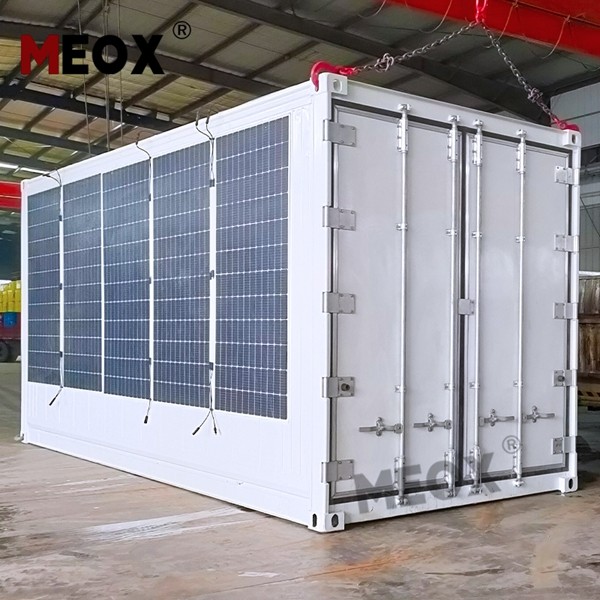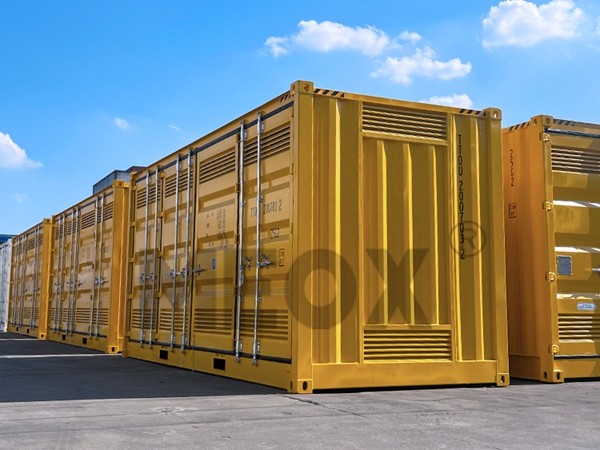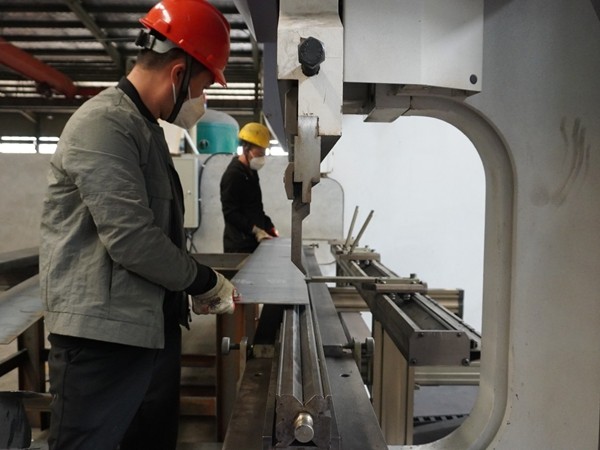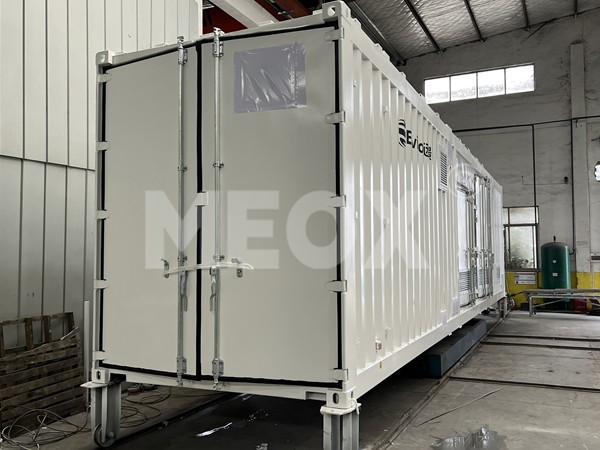Embracing innovative and sustainable design solutions, the concept of using containers as offices is gaining traction across various industries. These robust, mobile, and versatile units offer a myriad of benefits that meet the modern requirements of affordability, flexibility, and environmental awareness. The idea of transforming shipping containers into fully functional office spaces is not only practical but also aligns with the evolving trends in workplace design.
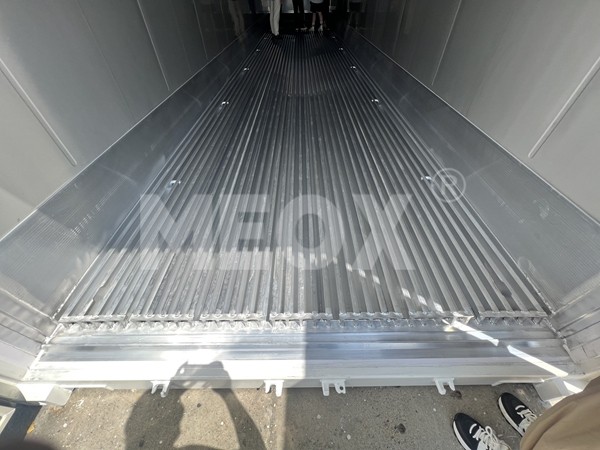
The primary advantage of container offices is their cost-effectiveness. Typically, a used shipping container can be acquired at a fraction of the cost of traditional brick-and-mortar construction. This significant initial saving allows companies to allocate budgetary resources elsewhere, perhaps enhancing technology infrastructure or employee welfare programs. Additionally, container offices can be customized without breaking the bank, with a variety of available options for insulation, flooring, windows, and interior design.
The concept of mobility adds another layer of attractiveness to office containers. Startups and companies in the growth phase often require flexible workspaces that can be relocated with ease to match their dynamic business needs. Container offices can be transported and installed quickly, reducing downtime and allowing businesses to maintain uninterrupted operations. This portability is particularly beneficial for industries such as construction, events planning, or any organization involved in site-specific work that demands periodic location changes.

From an environmental perspective, repurposing shipping containers as offices is an exemplary model of sustainable building practice. By giving these steel structures a new lease on life, we mitigate the environmental impact associated with producing new building materials. Furthermore, container offices can be equipped with eco-friendly solutions, such as solar panels, energy-efficient lighting, and smart climate control systems, which together contribute to reducing the carbon footprint of a business.
The versatility of container offices is another key feature. They can be stacked and connected in various configurations to accommodate specific organizational needs, from single-unit offices to larger complexes with multiple levels. This adaptability allows for unique, creative architectural designs that reflect a company’s brand and ethos. With clever use of design elements, container offices can foster an inspiring workplace culture conducive to productivity and employee satisfaction.container as office
Safety and durability are also critical aspects of container offices. Originally designed to withstand harsh oceanic conditions, shipping containers are inherently strong and resilient to external elements. They provide a secure and safe environment that can be further enhanced with additional security features such as reinforced doors and shatter-proof windows. It’s important to work with knowledgeable professionals who understand structural modifications to maintain the integrity and safety standards of the containers.
Converting containers into office spaces also aligns with the trend of minimalistic and modern design. The industrial aesthetic of raw steel can be paired with contemporary interior elements to create a chic and innovative workspace atmosphere. This blend of functionality and style can appeal to forward-thinking companies looking to differentiate their brand and workspace from more conventional settings.
Finally, the implementation of container offices can offer strategic advantages in urban planning and development. They require less space and can be integrated into less-used urban areas, supporting the densification of cities and efficient land use. This is particularly useful in high-density urban locations where traditional construction would be cost-prohibitive or impractical.
Numerous companies already attest to the success of container offices, providing authentic experiences and case studies to illustrate their effectiveness. For instance, remote work teams have found that the customization potential of these offices promotes a sense of community and personalization, even in flexible work settings. Creative industries have leveraged the unique design opportunities of container offices to reflect their innovation-driven cultures.
As the world continues to evolve towards more agile and sustainable work environments, the use of containers as offices stands as a testament to the potential of recycled materials, adaptive design, and resource-efficient practices. Embracing this trend, businesses not only gain operational advantages but also contribute positively to global sustainability goals.

